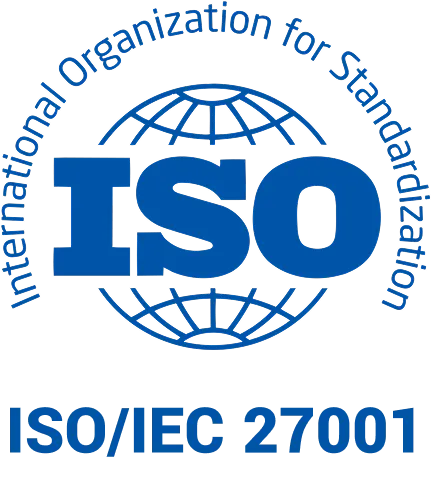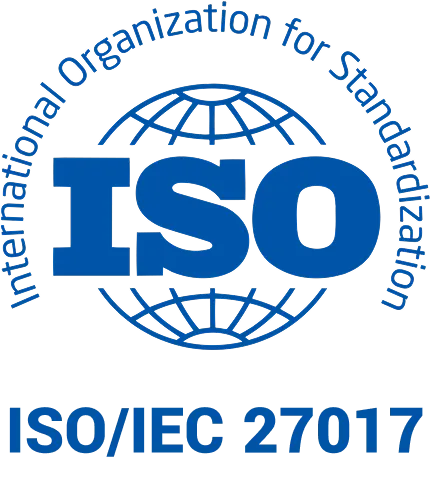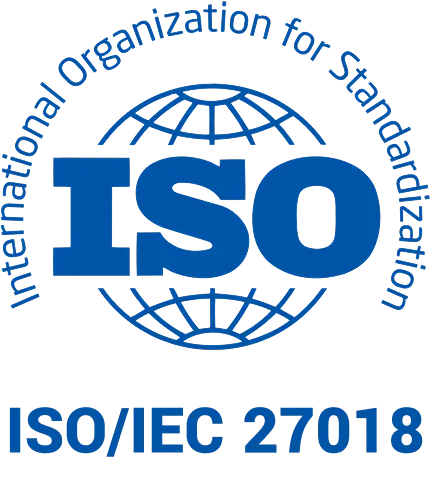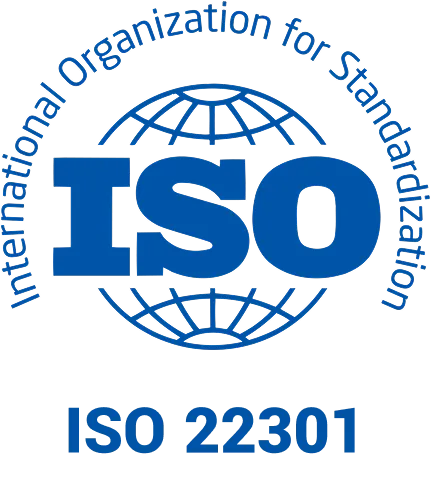
50 percent of Poles do not feel appreciated at work

How Appreciation Affects the Workplace? Nais and Enpulse Report Highlights Polish Realities
It turns out that 50 percent of Poles do not feel appreciated at work. The Nais and Enpulse report sheds light on this issue. In a world where organizational culture and employee well-being are becoming key elements of every company's success, the topic of appreciation is gaining importance. In response to the need for a better understanding of workplace dynamics in Poland, Nais, in collaboration with the research platform Enpulse, conducted a study on Polish employees' perceptions of appreciation. The report, "Do You Feel Appreciated?" provides valuable insights that can help shape a more motivating and positive work environment.
"Our goal was to understand how Poles perceive the issue of appreciation in the workplace. The results of the survey, which involved a large sample group, shed light on important aspects of our organizational culture. Over 50% of respondents reported that they do not feel appreciated at work. This is a disturbing signal that, despite progress in management and organizational culture, we still have a long way to go in creating an environment where every person feels valued for their work and is appropriately recognized," emphasizes Tomek Józefacki, CEO of Nais.

50 percent of Poles do not feel appreciated at work. Nais and Enpulse 2024 Report
Results of the Study That Encourage Reflection
The study involved over 1,200 participants, providing a robust sample for meaningful results. The report reveals that more than 50 percent of Poles do not feel appreciated at work. The Nais and Enpulse report highlights how alarming this finding is, indicating a significant gap in the culture of many organizations where employee appreciation is not yet a priority.
On the other hand, the study also shows that most employees understand the value of their contribution to the company's success, which is a positive sign of their engagement and motivation. It is important that this awareness is matched by the company's actions.
A similar study was conducted by Nais in 2023, and the results were shared here.
Why Appreciation Matters
The reason appreciation matters is clear: with 50 percent of Poles feeling unappreciated at work, the consequences of this situation can be negative for companies. This impact is felt both financially and in terms of talent retention and employee turnover.
Appreciation at work is not just a pleasant gesture. It is the foundation upon which engagement, loyalty, and job satisfaction are built. Employees who feel valued are more productive, less stressed, and less likely to consider changing jobs. The Nais and Enpulse report emphasizes the importance for leaders and managers to find effective ways to show their teams that their work is appreciated.

What Can We Do Better?
Understanding employees' preferences for appreciation is key to building a stronger organizational culture. The report highlights the discrepancies between what employees expect and what they actually receive. Tailoring appreciation methods to individual needs can significantly enhance their effectiveness.
In light of these findings, it is crucial for employers to develop more diverse and inclusive appreciation strategies that address the varied needs and expectations of their employees. Cultivating a culture of recognition and appreciation not only boosts employee engagement and satisfaction but also contributes to creating a positive work environment that supports personal and professional growth, adds Magda Pietkiewicz, CEO of Enpulse and Zmotywowani.pl.
Call to Action
We invite you to read the article on the appreciation checklist and, above all, to download the full report from the Nais website to delve into the topic of workplace appreciation and discover how we can work together to create a more positive and productive environment for everyone. Whether you are a leader, manager, or employee, you will find valuable insights on how to promote a culture of appreciation within your organization.




































